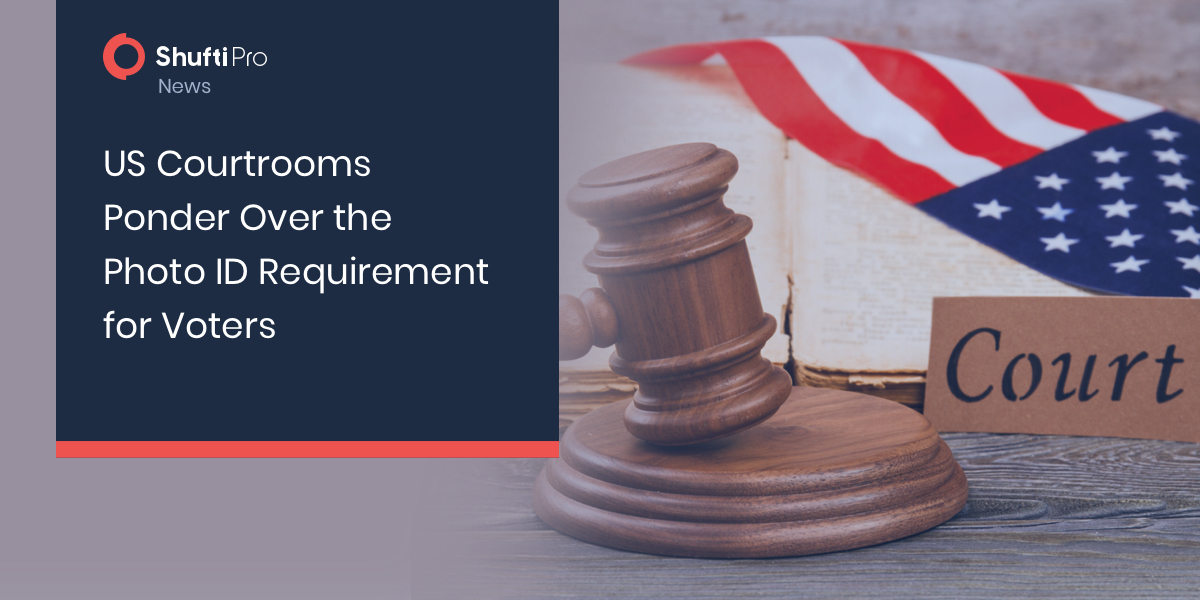US Courtrooms Ponder Over the Photo ID Requirement for Voters

The US courtrooms are again facing the debate over the use of photo identification for voters. A three-judge panel will be returning to the issue this week and consider whether the legislative measures taken in 2018 breaches the state constitution or not.
Senate Bill 824 was passed immediately after the 2018 election by the Republican-led General Assembly which proposed amendments to the constitution and mandated a photo ID to vote. These amendments are still waiting for clarification from the lawmakers regarding which IDs would be used and how the photo identification practice would take place.
“Why this matters is because there seems to be a consistent and persistent effort to deny the right to vote to certain individuals and certain groups of people,” Rev. Dr Anthony Spearman, President of the North Carolina NAACP, told. “This was an unconstitutional rogue of villains and thieves that ushered in these heinous laws.”
In charge of the legislature, the GOP leaders have been trying to further the photo ID and claim that more than thirty states are in need of it and it develops trust in the elections.
“Everyone has a right to vote but everyone also has a right to a secure vote,” Sen. Paul Newton said. “If illegal votes are happening if fraud is happening that is cancelling out your vote that’s not free for you that’s not fair for you and so security has to be a part of it.”
According to Senate Bill 824, the college ID cards including the community colleges as well as private colleges will be accepted to vote. The Municipal government IDs will also be accepted if they meet the government requirements. Driving licenses, military IDs, and tribal enrollment cards will also be accepted. This bill was able to have some support from the Democrats as well. This bill is more lenient than the bill passed in 2013 that was shot down by a judge accusing the Republicans of being racist against African-Americans in the voting.
The debate over requiring photo identification to vote is returning to a courtroom this week when a three-judge panel will consider whether the law passed in 2018 violates the state constitution. https://t.co/yOp7TbU58Q
— ABC11 EyewitnessNews (@ABC11_WTVD) April 12, 2021
In a January 2020 ruling, a pause on the law was put by U.S. District Judge Loretta Biggs who said, “An injunction would be in the public interest. Electoral integrity is enhanced, not diminished when all eligible voters are allowed to exercise their right to vote free from interference and burden unnecessarily imposed by others.“











